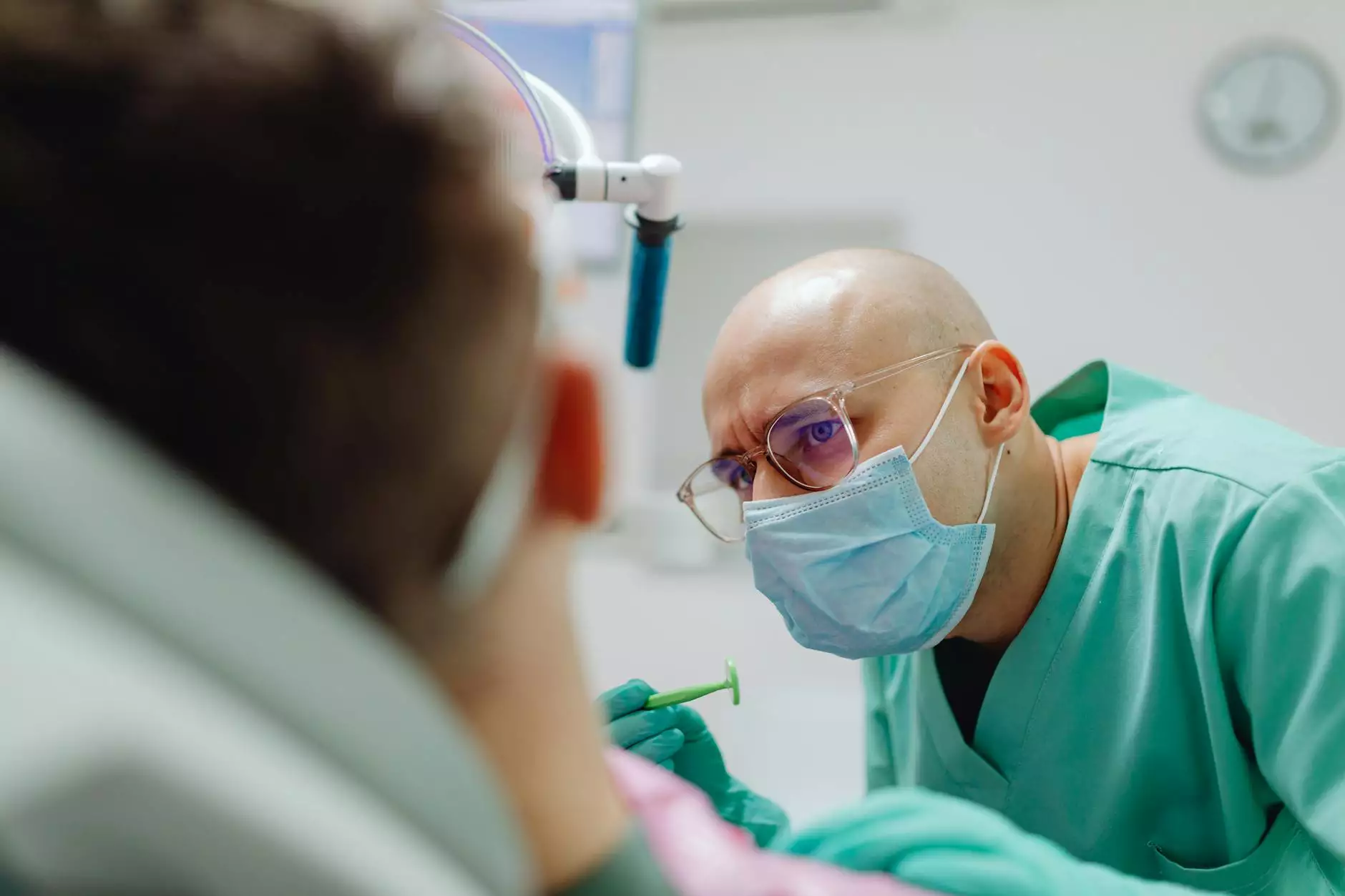Understanding Mobile Dental Unit Cost: A Comprehensive Guide

In the evolving landscape of healthcare, mobile dental units have emerged as a pivotal resource, enabling dental professionals to reach underserved populations and provide essential services wherever they are needed. Whether you're a dental practitioner considering this investment or a healthcare administrator exploring options for your facility, understanding the mobile dental unit cost is crucial for effective budgeting and planning.
What is a Mobile Dental Unit?
A mobile dental unit is essentially a dental clinic on wheels, equipped with the necessary tools and technology to perform various dental procedures on-site. These units can be configured as vans, buses, or trailers and can travel to schools, community events, and even remote areas where access to dental care is limited. This flexibility not only increases patient access but also promotes good oral health in populations that might otherwise go underserved.
Factors Influencing Mobile Dental Unit Cost
The cost of mobile dental units can vary widely based on several key factors:
- Unit Type: The design and size of the mobile unit greatly impact costs. Smaller units may range from $50,000 to $100,000, while more extensive setups with multiple operatories can exceed $200,000.
- Equipment and Technology: A fully equipped unit will need chairs, x-ray machines, sterilization equipment, and more. High-quality equipment can increase costs significantly but enhances service delivery.
- Customization: Custom features such as solar panels, state-of-the-art infection control systems, and patient management software can drive up costs.
- Regulatory Compliance: Units must comply with state and federal regulations, which may necessitate additional investments in safety and operational standards.
- Maintenance and Operation Costs: After the initial investment, ongoing costs for fuel, maintenance, insurance, and staffing should also be considered.
Breaking Down the Costs
The inherent costs of a mobile dental unit can be broken down into the following categories:
1. Initial Investment
This encompasses the purchase price of the mobile unit itself and the initial outfitting with dental equipment. Here, you can expect a wide range of prices depending on used versus new units, as well as the specific configurations chosen.
2. Staffing Costs
Employing a qualified dental team is necessary to operate a mobile unit effectively. Depending on the service scope, costs may include wages for dentists, dental hygienists, and support staff, along with training for mobile operations.
3. Operational Costs
These are the recurring expenses that come with running a mobile dental unit, such as:
- Fuel: Regular fuel costs must be considered based on travel frequency and distance.
- Maintenance: Routine maintenance for the vehicle and equipment is essential for operational longevity and safety.
- Insurance: Ensure adequate coverage for both the unit and its operations to protect against liabilities.
- Supplies: Ongoing supplies including dental instruments, consumables, and medications.
Benefits of Investing in a Mobile Dental Unit
While the initial mobile dental unit cost may seem significant, the advantages it brings are numerous:
- Access to Care: Mobile units bridge the gap for populations in remote or underserved areas, improving overall community health.
- Crowd Engagement: Bringing services directly to schools, community centers, and events cultivates relationships and trust with the community.
- Flexible Scheduling: Mobile units can adapt their schedules based on demand and provide care during non-traditional hours.
- Cost Efficiency: Serving multiple patients in one location can reduce overhead costs compared to traditional clinics.
- Innovation in Services: Creates an opportunity to offer preventative care, education, and treatment efficiently, thus improving health outcomes.
Investment Considerations
Before making the leap into purchasing a mobile dental unit, consider the following:
1. Community Needs Assessment
Conduct a thorough assessment of the community's dental health needs. Understanding the demographic, health disparities, and specific services they require can help tailor your mobile unit's offerings effectively.
2. Finding the Right Vendor
Your choice of vendor for the mobile dental unit is critical. Seek out providers who offer quality equipment, custom configurations, and solid after-sale support.
3. Financing Options
Explore financing options such as loans, grants, and partnerships that can help mitigate upfront costs. Many organizations offer funds specifically for mobile health initiatives.
Conclusion
Investing in a mobile dental unit isn't just about the costs; it's a transformative decision that can change the landscape of dental care within a community. By making dental health accessible, practitioners can provide vital services that enhance the quality of life for many. Understanding the mobile dental unit cost in relation to its benefits can help stakeholders make informed decisions that will yield positive returns for both their practice and their community.
Call to Action
Are you ready to make a difference with a mobile dental unit? Contact us at mobileclinic.healthcare to learn about your options, financing possibilities, and how to get started on your journey to improving dental health access today!









